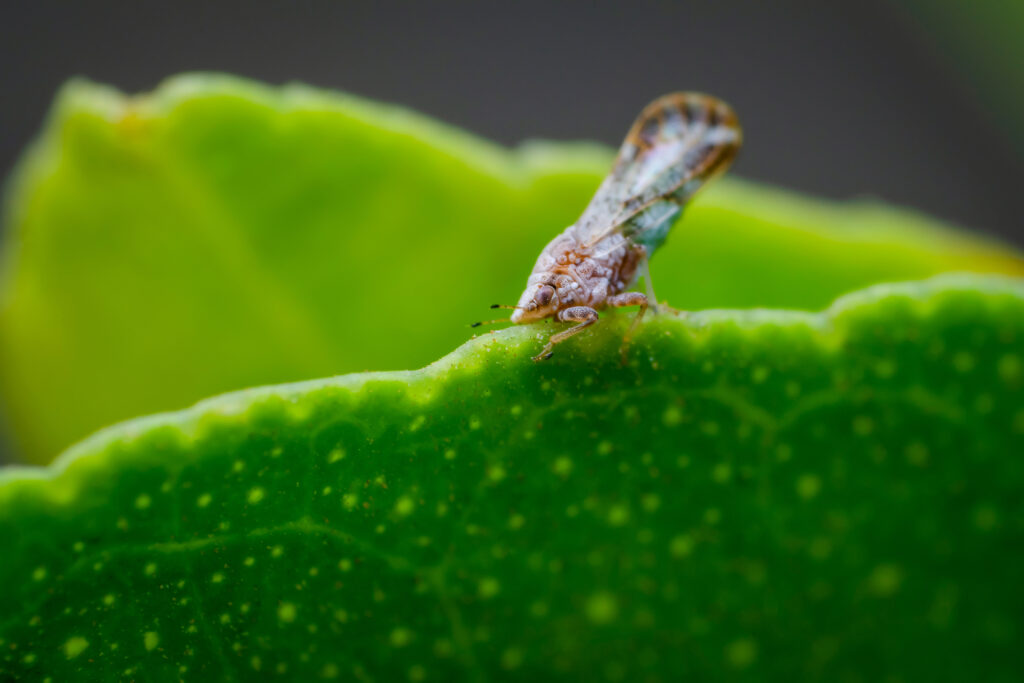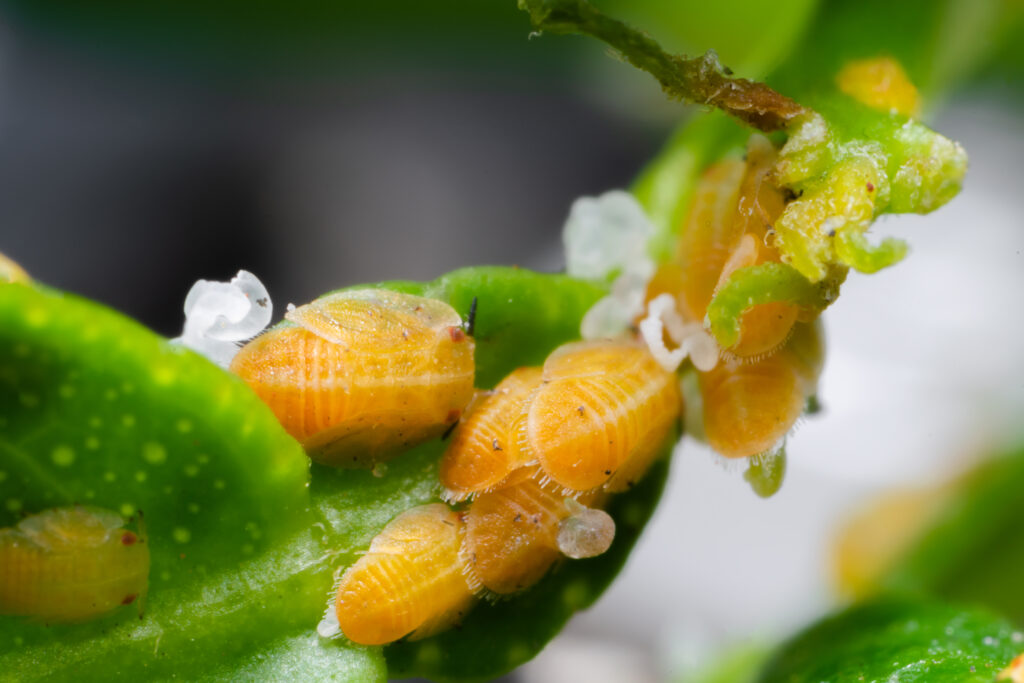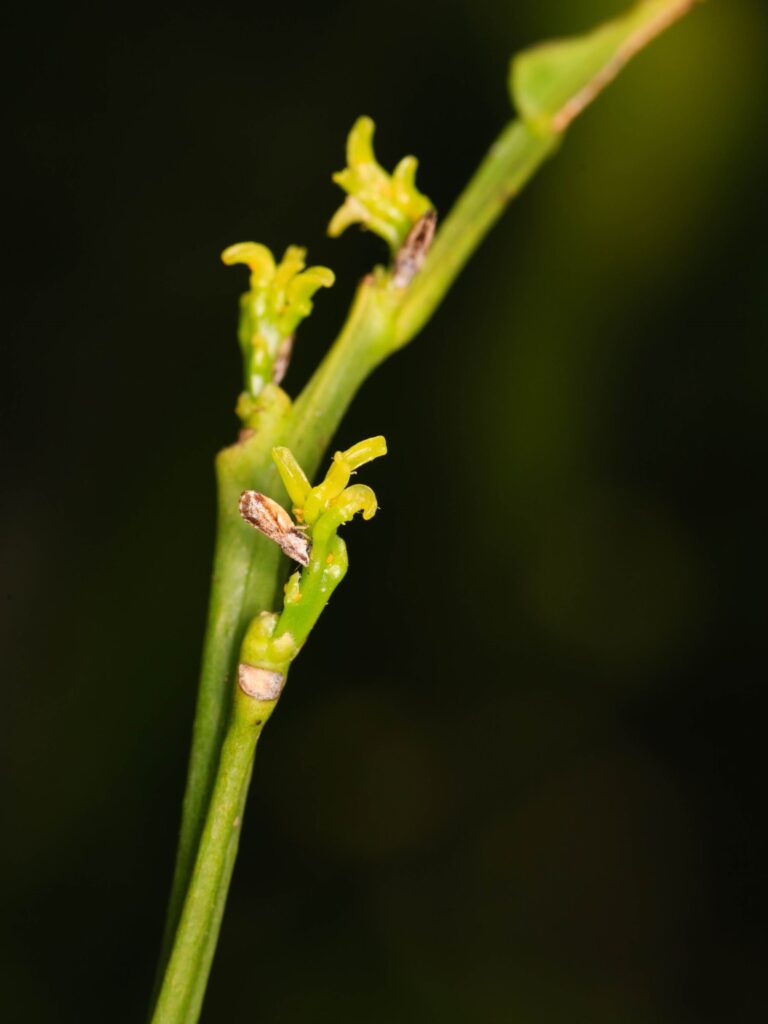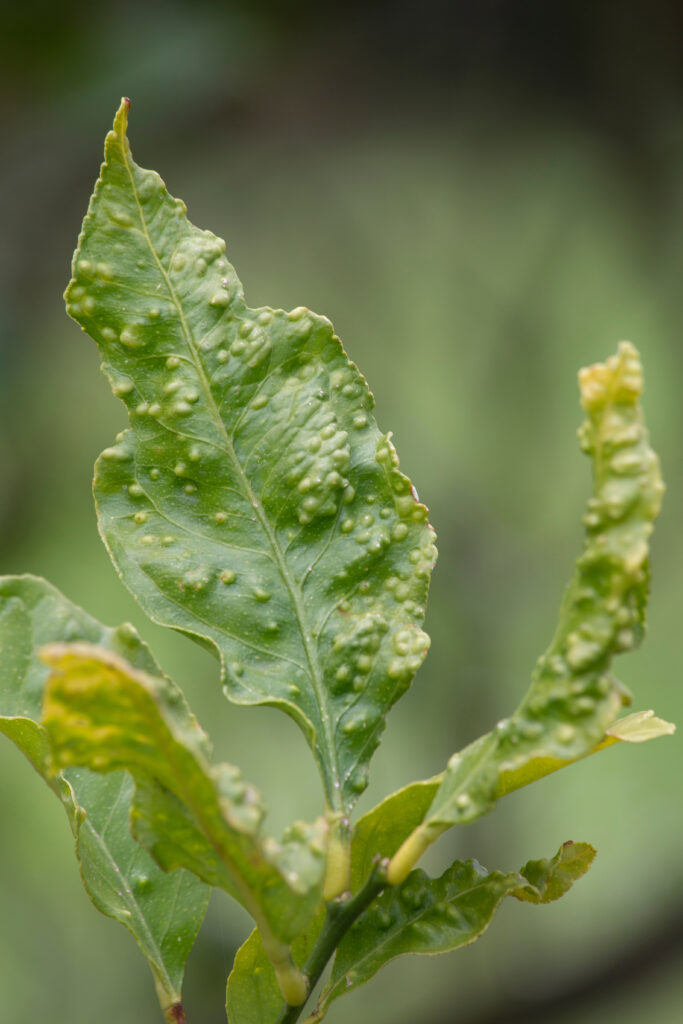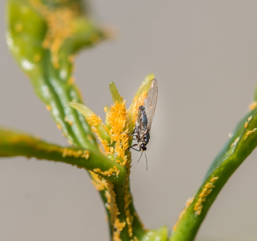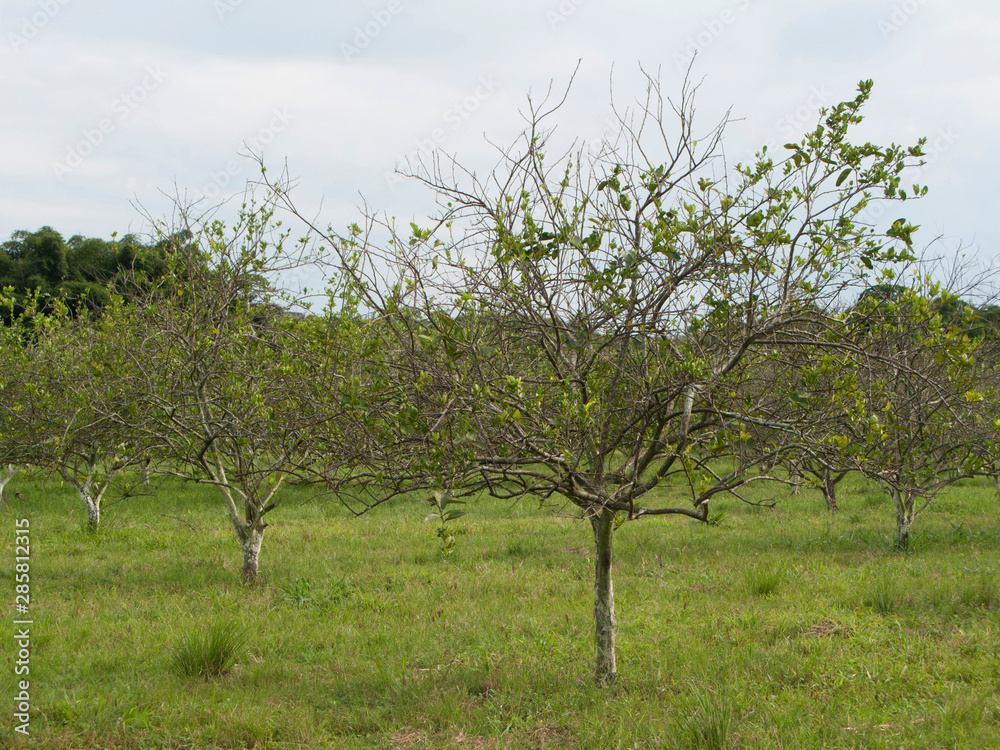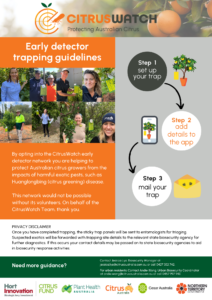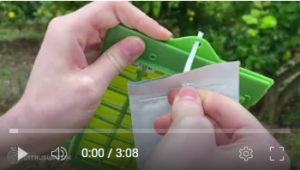Program overview
In recognition of emerging global biosecurity threats to agriculture, the Australian citrus industry are investing in a national biosecurity program, CitrusWatch, which will run until 2026.
CitrusWatch is a collaborative, national program aimed at protecting Australian Citrus by improving industry preparedness for key exotic pest threats. From commercial citrus production zones to high-density urban landscapes, the program links government agencies, research programs, community groups, and citrus businesses through surveillance, research, training and education.
A collaboration between Plant Health Australia, Citrus Australia, the Northern Territory Department of Industry Tourism and Trade, and Cesar Australia, the program supports a volunteer-based, exotic pest early detector network both within the citrus industry and throughout the general public, and provides access to training on the topics of biosecurity, exotic pest surveillance and identification.
The program aims to ensure that the Australian citrus industry is better equipped to minimise the entry and spread of high priority pests, such as Asian citrus psyllid, African citrus psyllid and diseases such as huánglóngbìng.
CitrusWatch is funded through Hort Innovation, using the citrus research and development levy and contributions from the Australian Government. Hort Innovation is the grower owned, not-for-profit research and development corporation for Australian horticulture. Funding is also supplied by Plant Health Australia using the citrus plant health levy. To learn how you can get involved with CitrusWatch contact biosecurity@citrusaustralia.com.au
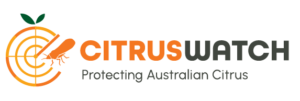
The Early Detector Network
Each year CitrusWatch distributes hundreds of Asiatic citrus psyllid sticky trapping kits to volunteer trappers throughout Australia. These sticky traps are helping the citrus industry to detect exotic pests, such as the Asiatic citrus psyllid, as early as possible. Early detection increases the chance of eradication. Anybody can opt-in to the Early Detector Network and receive a trapping kit.
If you opt-in to the program as a volunteer Early Detector, a CitrusWatch Coordinator will be in touch to confirm when you will receive a trapping kit and to answer any questions you may have. This network would not be possible without its volunteers.
Want to opt-in to the Early Detector Network? Complete our online form.
Privacy and data storage
By opting into the CitrusWatch early detector network you are helping to protect Australian citrus growers from the impacts of harmful exotic pests, such as Huanglongbing (citrus greening) disease. By signing up as a volunteer trapper you understand that your data will be used as described below.
PRIVACY: Once you have completed trapping, the sticky trap panels will be sent to entomologists for triaging. Suspected exotics will be forwarded with trapping site details to the relevant state biosecurity agency for further diagnostics. If this occurs your contact details may be passed on to state biosecurity agencies to aid in biosecurity response activities. Also, as a volunteer early detector you will receive our early detector network updates (these are sent out 2-3 times per year and you can opt out at any time!).
DATA STORAGE AND USE: Data collected during trapping and diagnostics is stored in two databases - MyPestGuide Reporter (managed by the Western Australian Government) and AusPestCheck (managed by PlantHealth Australia). Data is accessible by database administrators and the CitrusWatch program team and is used for biosecurity purposes (tracking pest statuses). Data is not accessible to the general public.
Resources for Early Detectors
Access the resources below for guidelines on trap deployment, collection and mailing. For further guidance, contact biosecurity@citrusaustralia.com.au
Project Partners



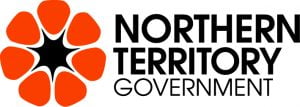
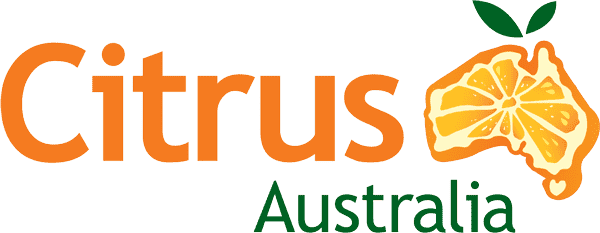
You are not logged in
If you are not already a member, please show your support and join Citrus Australia today. Collectively we can make big things happen.
